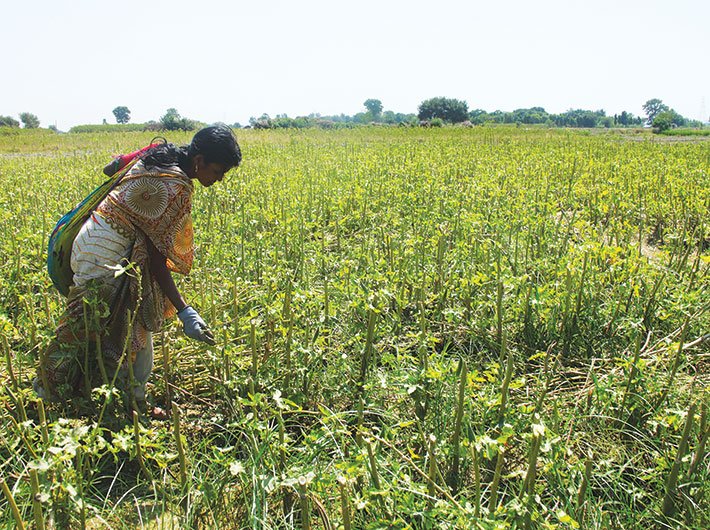Suggests expanding ambit to address other challenges, harsher punishment against spurious pesticides
Hailing the Maharashtra government for introducing a bill to amend the Insecticide Act, 1968, Pesticide Action Network (PAN) India has called the amendments ‘very focussed’ and urged the state to expand their scope to address other challenges.
The bill, introduced in the assembly in August, seeks to punish manufacture and sale of adulterated, non-standard or misbranded insecticides as a cognizable and non-bailable offence.
The non-profit organization has said that even though the proposed amendment is very focused, the problem which it tries to address is not new as the Insecticides Act, 1968 does not respond to the problems faced by farmers with regard to usage of agrochemicals. It says, through the amendment, the government admits that misbranded or substandard pesticides are being manufactured and sold in the state.
“This is a clearly acknowledgement of the challenges that are not addressed by the Insecticides Act, 1968. This acknowledgment is in addition to previous correspondence from Maharashtra and other States seeking permanent ban on certain insecticides and that pesticide regulation needs to be strengthened,” Dr Narasimha Reddy, public policy expert and advisor to PAN India, said.
PAN India has urged the Maharashtra government to amend and increase the fine and imprisonment for the offence to be non-bailable and cognizable and increase the fine to at least Rs.5 lakh with 5 years’ imprisonment for the first offence. It recommends that the second time offence made punishable with double the fine and imprisonment.
“Even though the Maharashtra government, in a statement with the Amendment Bill, flags this as serious issue, which is causing losses to farmers and also leaving residues, yet it does not propose to raise the fine for offence which can go up to Rs 5,000 only and imprisonment of 6 months. Obstructing a pesticide inspector can get the offender into more trouble, than selling misbranded or spurious pesticide. This offence can lead up to a fine of 50,000 rupees and two-year imprisonment,” it said.
PAN India has further asked the state government to include a provision in the amendment bill to compensate farmers for the losses incurred by them due to adulterated, non-standard or misbranded insecticides. It has also asked to include a procedure for filing and dealing with farmers’ complaints and investigation for assessment and evaluation of losses due to insecticides, in the bill.
Dr Reddy added that as the Maharashtra government has recognized the residual effect of insecticides as hazardous to human health and causing environmental pollution, an amendment to fix liability has to be provided for the amendment bill.
“Given the effort from an India state regarding regulation of pesticides, PAN India believes that it is high time the Pesticide Management Bill 2020 is passed and enacted urgently after filling the lacunae that are already pointed out by PAN India and many other independent experts,” said A.D. Dileep Kumar, CEO of PAN India, calling for a more robust and updated legislation to protect citizens and environment from adverse effects of pesticides.
In 2017, pesticide positioning led to 83 deaths in Yavatmal district, Vidarbha region of Maharashtra, leaving around 1200 people in chronic health conditions . The state then wrote to the central government to ban 5 pesticides that led to poisoning as per findings of the Task Force set up by the government. Earlier, the Maharashtra government has also communicated to the Union government about spurious and illegal Ht Bt cotton seeds and related glyphosate usage.

